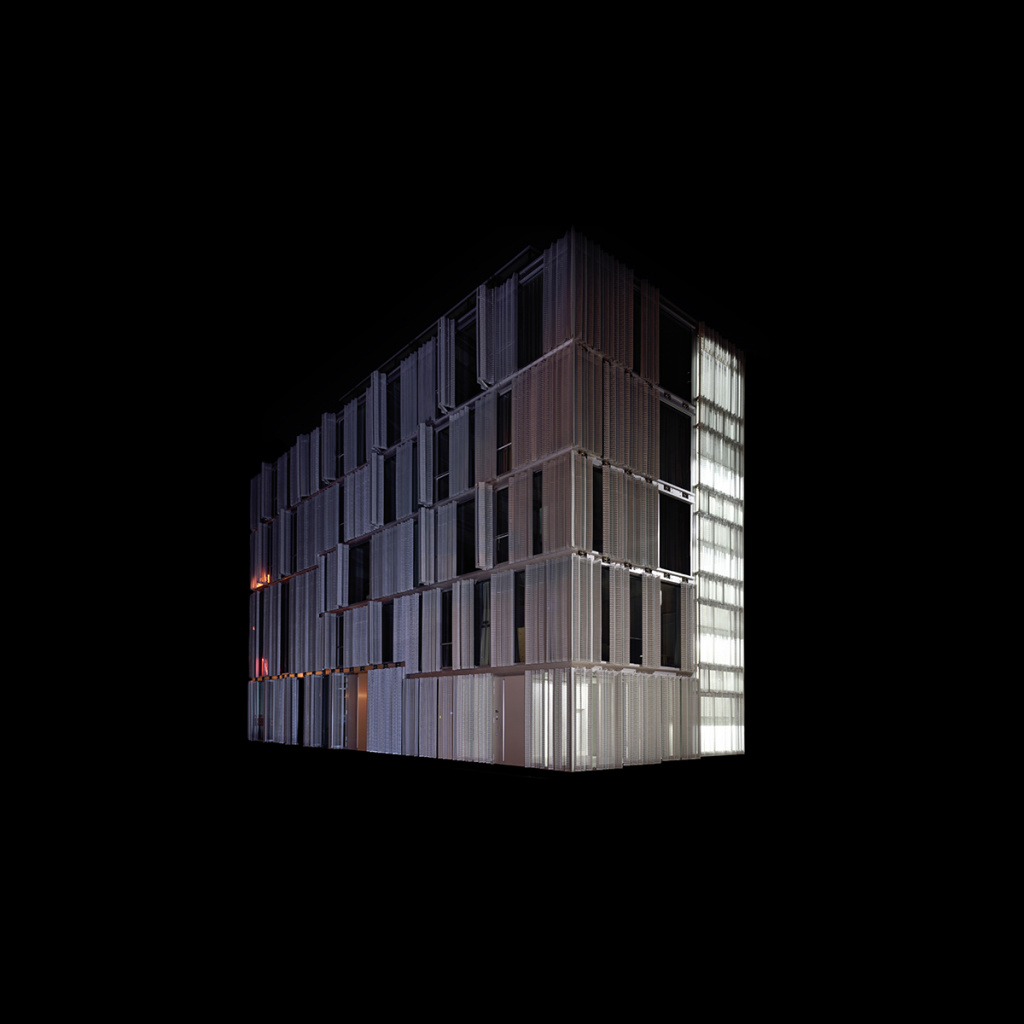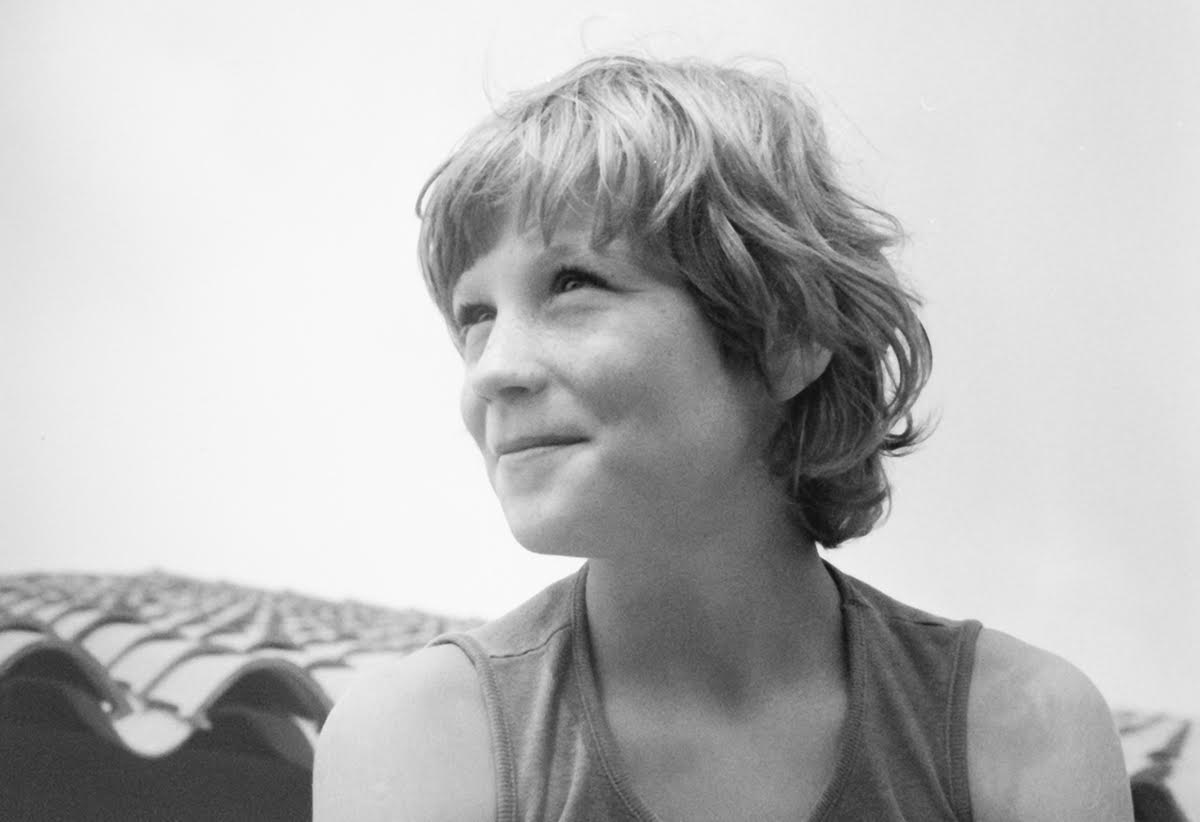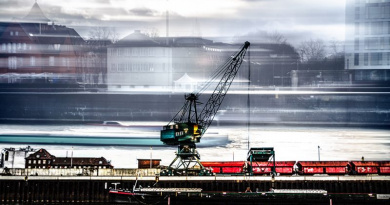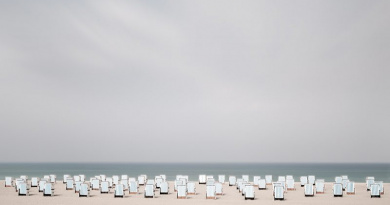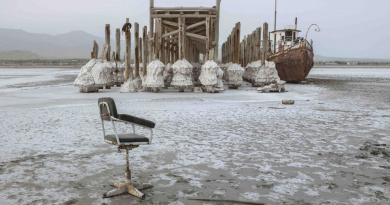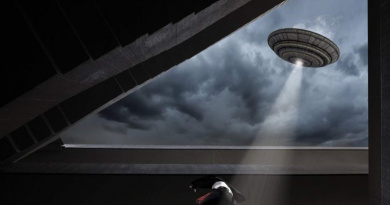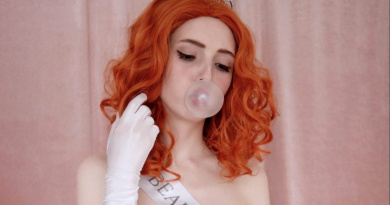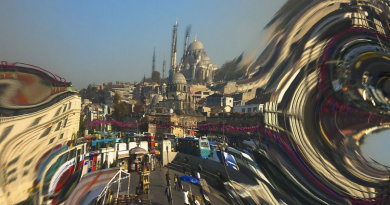Let us take a look into the small treasure box of Lena Lisken's collected works. She has come to Berlin as a stranger to neatly sort the wildly scattered objects of a colorful drawer before our eyes. In doing so, she makes no distinction between the large sublime building or the small everyday utilitarian building. She is browsing through Berlin by night.
The found objects become a gem, like the shells carried home from the beach, which only unfolds their real value at home as a quotation of a memory. They may be things from Berlin today, some could also come from another city, but then it would be another drawer that unloads them there in front of us, dusted off to present their finds cleaned and neatly lined up.
When we look at old drawings or historical postcards of familiar scenes and places in Berlin, we sometimes involuntarily ask ourselves why they seem so different to us. First of all, there are the missing cars, but also the many colorful posters, small stands, and stickers, wildly proliferating advertisements or disturbing bicycles that get in our way - all the rubbish of everyday life.
Now, in this particular situation of the pandemic, things are being laid bare again. Lena Lisken has taken up this view of uncovering and intensified it. The city, the objects stand before we are reassured and with regained sovereignty. They not only proudly assert their solitary status, but are also allowed to radiate out into the free, deep black space of associations that Lisken makes available to us around them. As if in passing, Lena Lisken herself also emerges as a new outstanding figure on the photographic stage. Let us be captivated and carried away by her images.
You don't have to know the overpainted Cupid behind the scene of Vermeer to also ensnare the surrounding space and background of the finely chiseled objects in Lisken's pictures with stories of their own.
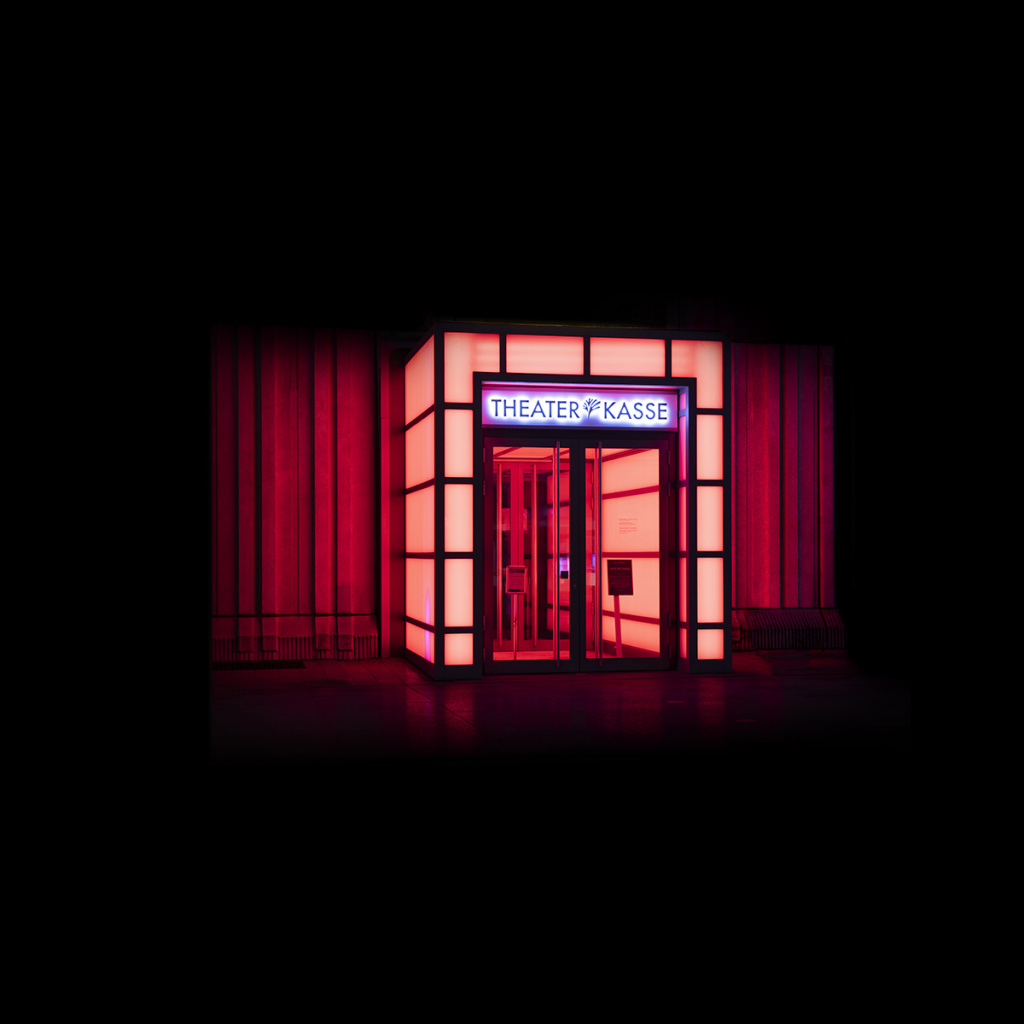 Theaterkasse Friedrichstadtpalast by Lena Lisken
Theaterkasse Friedrichstadtpalast by Lena Lisken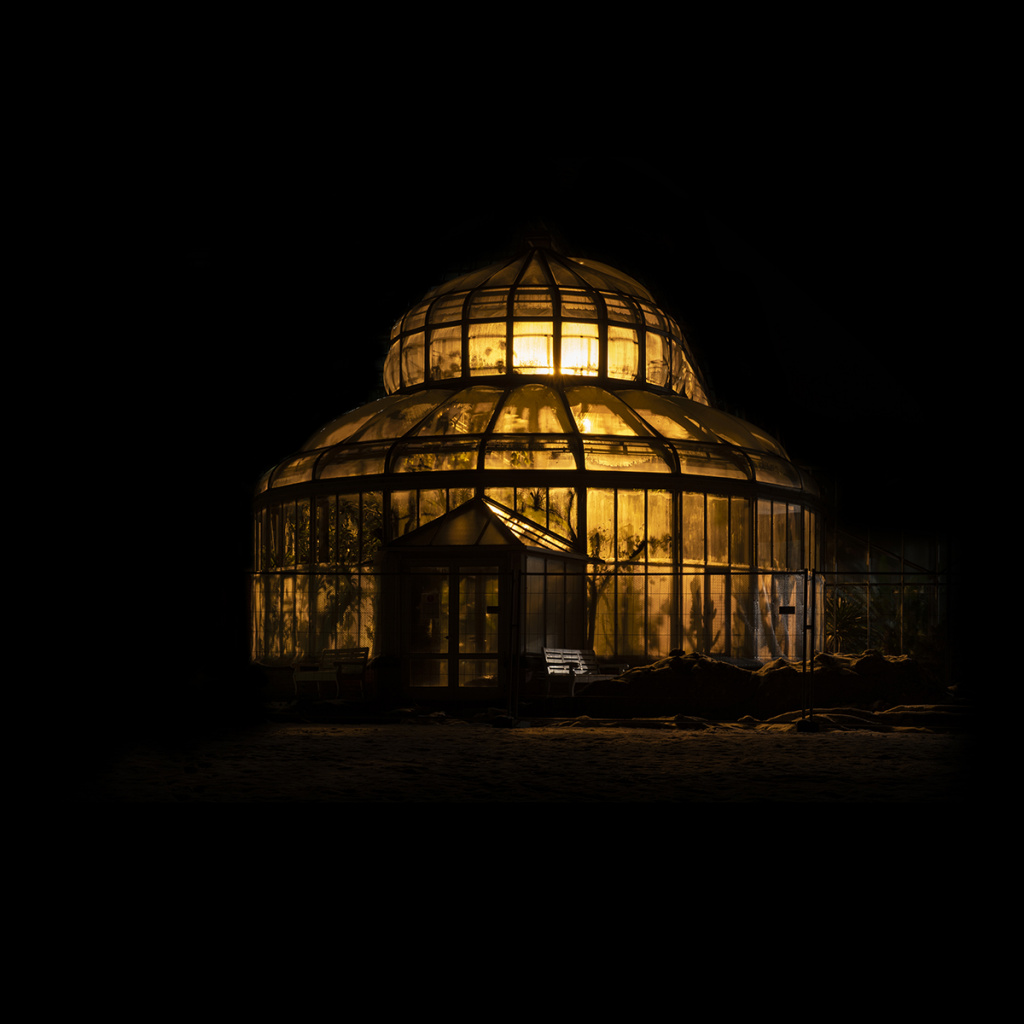 Botanic Garden by Lena Lisken
Botanic Garden by Lena Lisken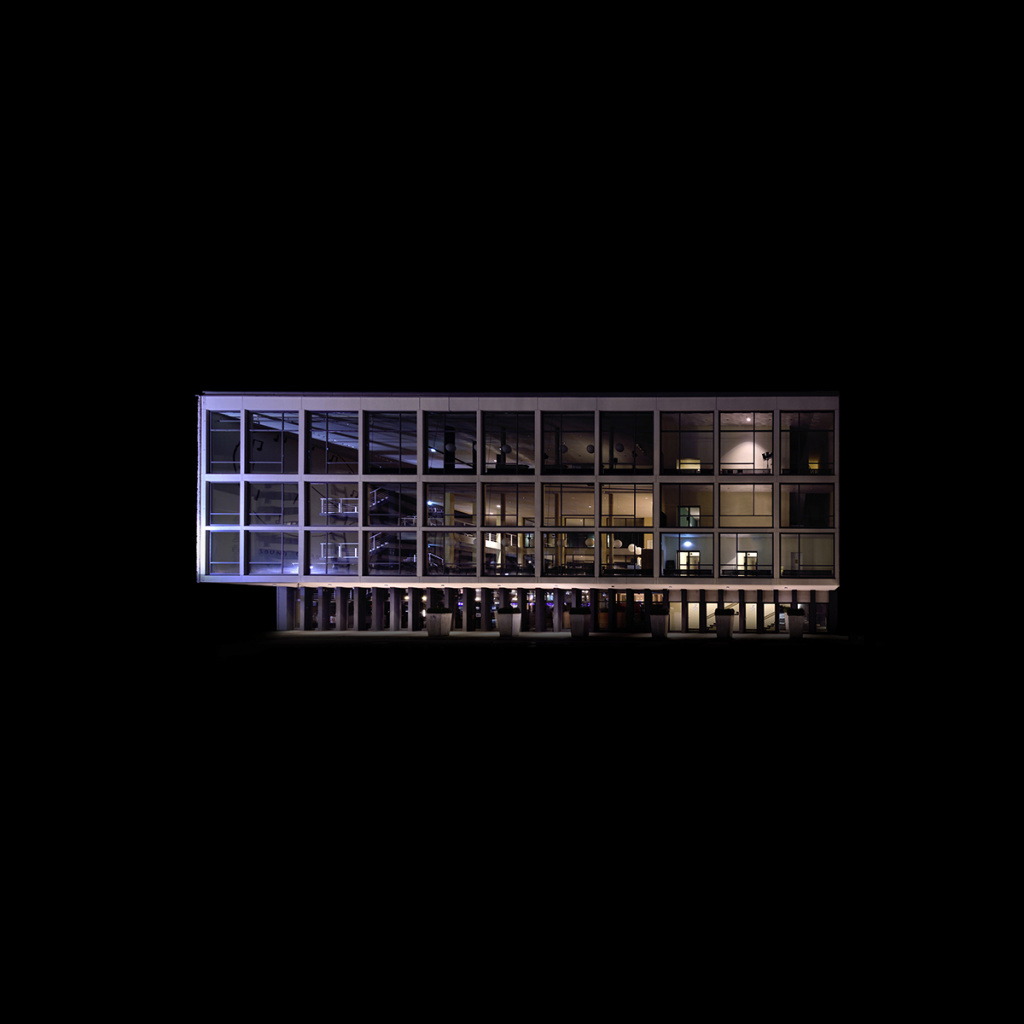 Deutsche Oper by Lena Lisken
Deutsche Oper by Lena Lisken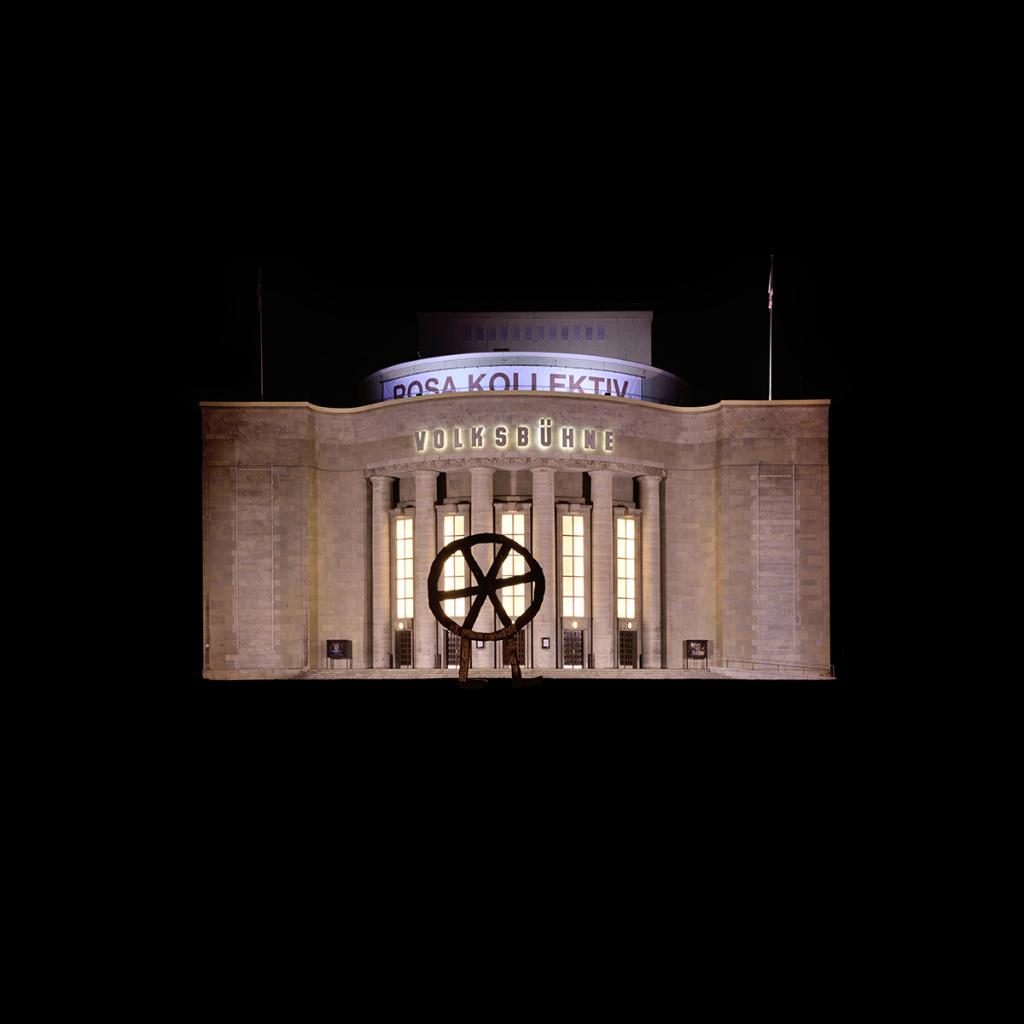 Volksbühne by Lena Lisken
Volksbühne by Lena Lisken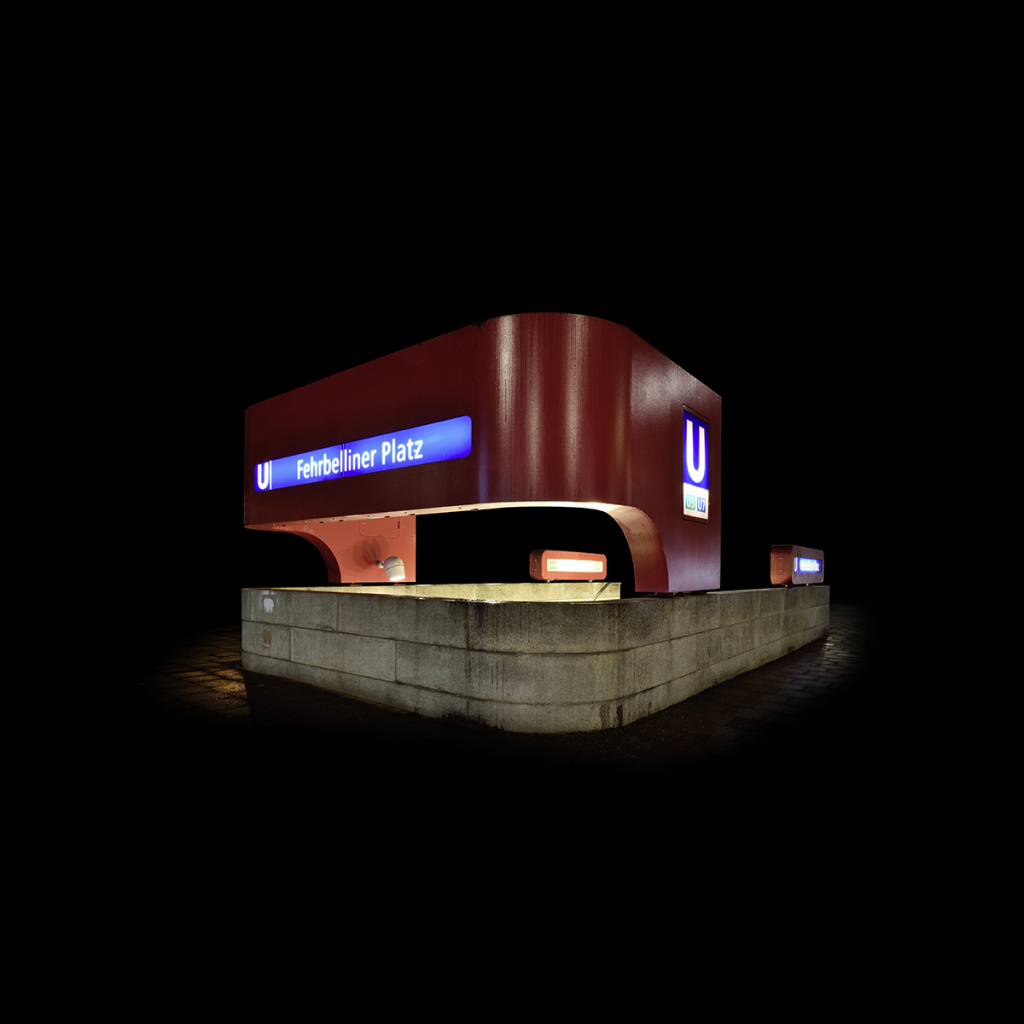 Fehrberliner Underground by Lena Lisken
Fehrberliner Underground by Lena Lisken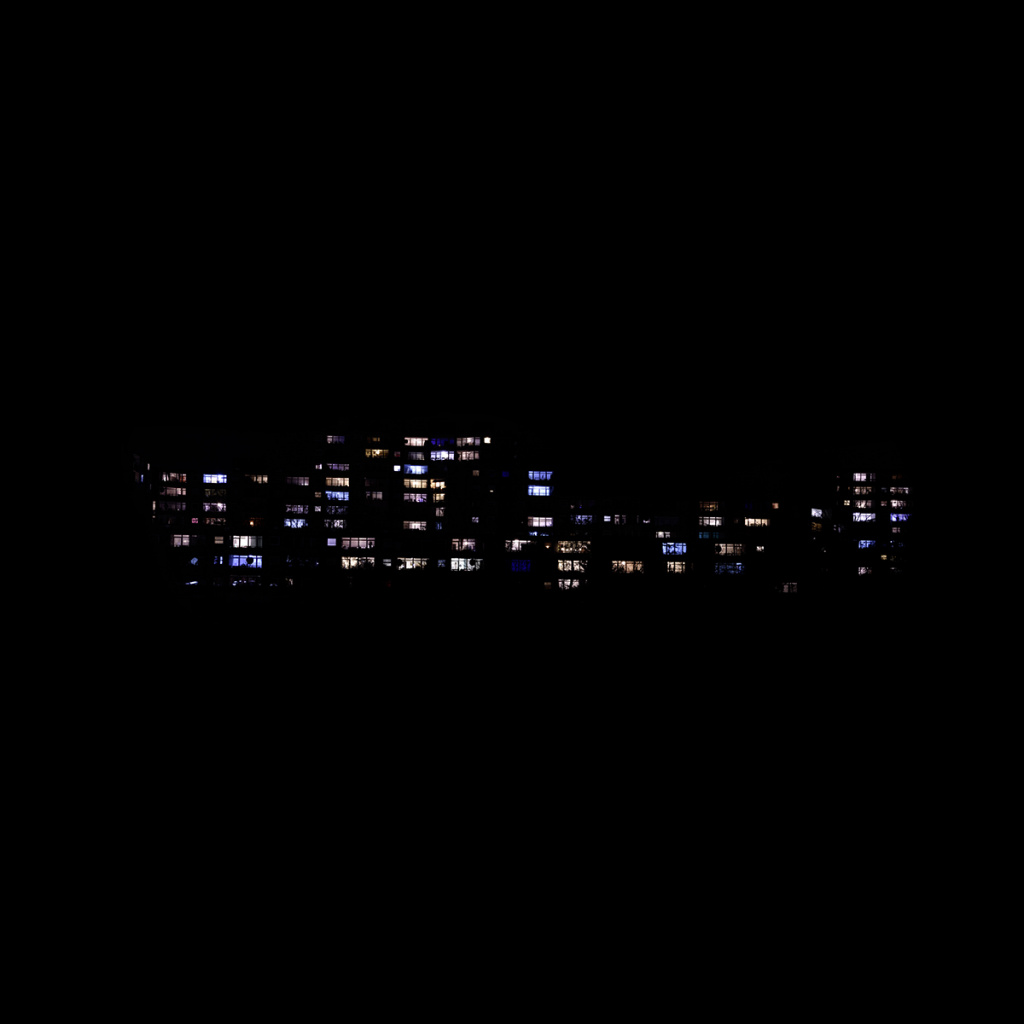 Wedding Windows by Lena Lisken
Wedding Windows by Lena Lisken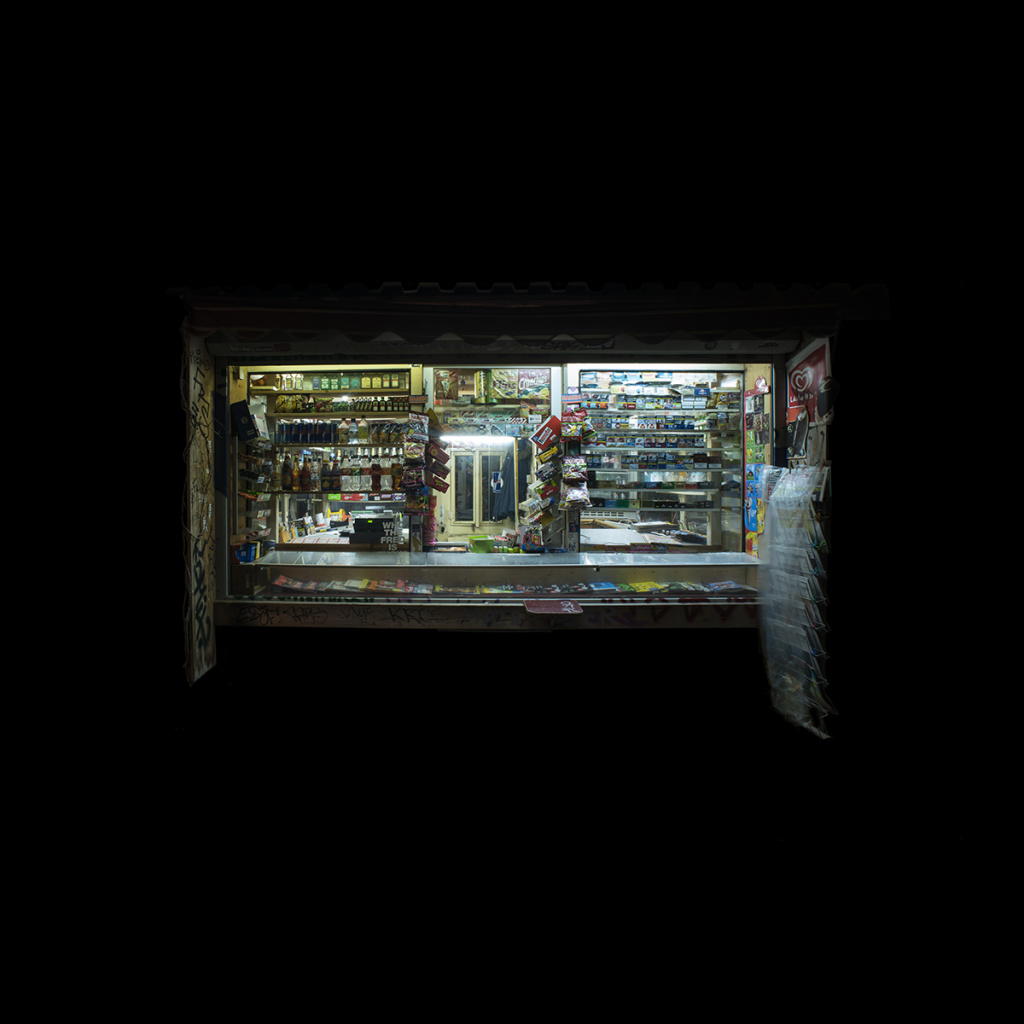 Kiosk Choriner by Lena Lisken
Kiosk Choriner by Lena Lisken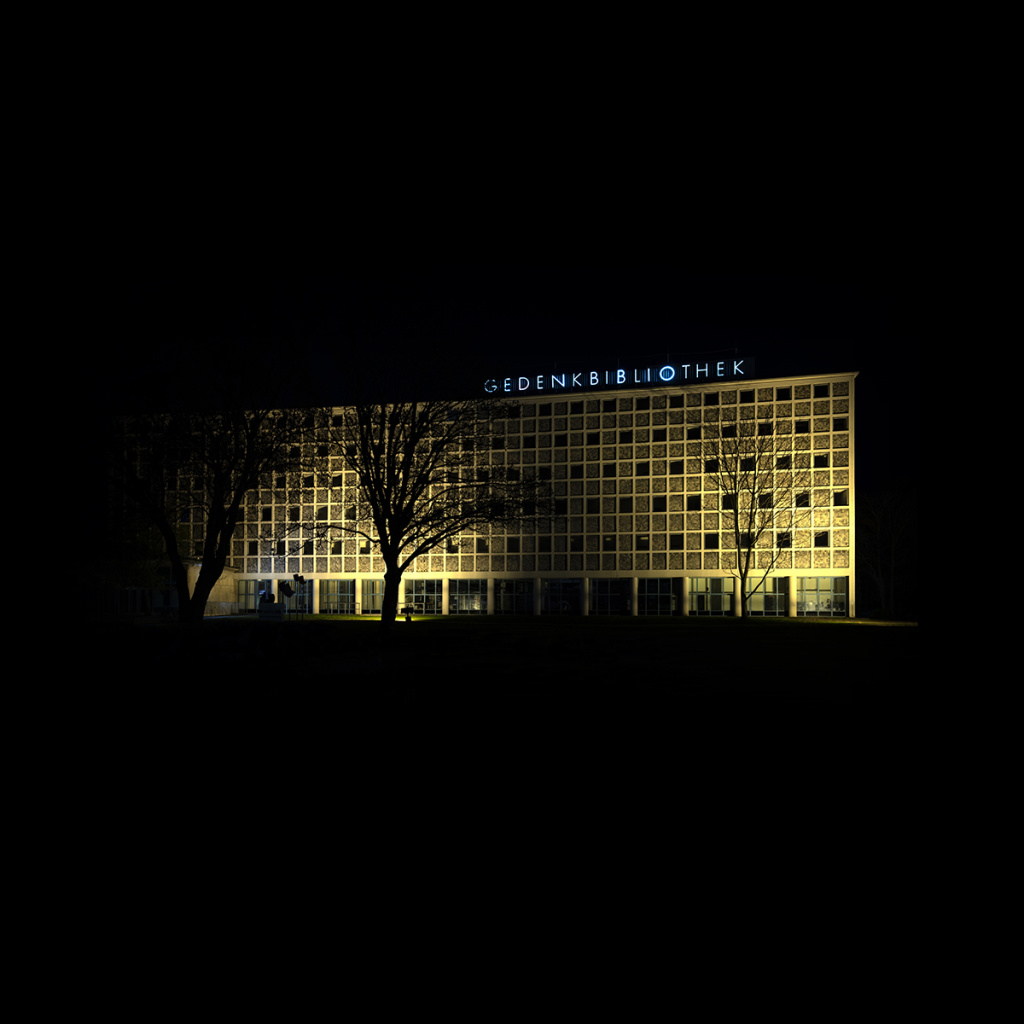 Gedenkbibliothek by Lena Lisken
Gedenkbibliothek by Lena Lisken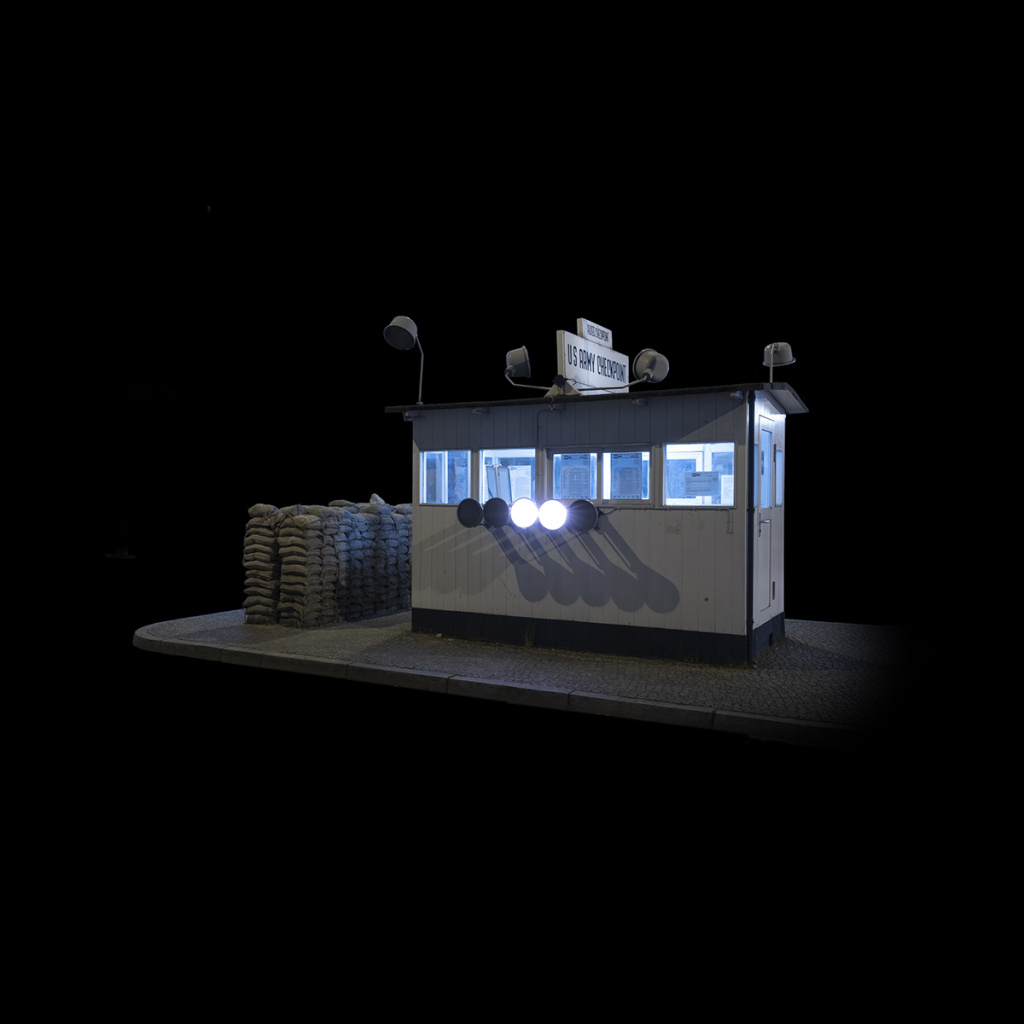 Checkpoint Charlie by Lena Lisken
Checkpoint Charlie by Lena Lisken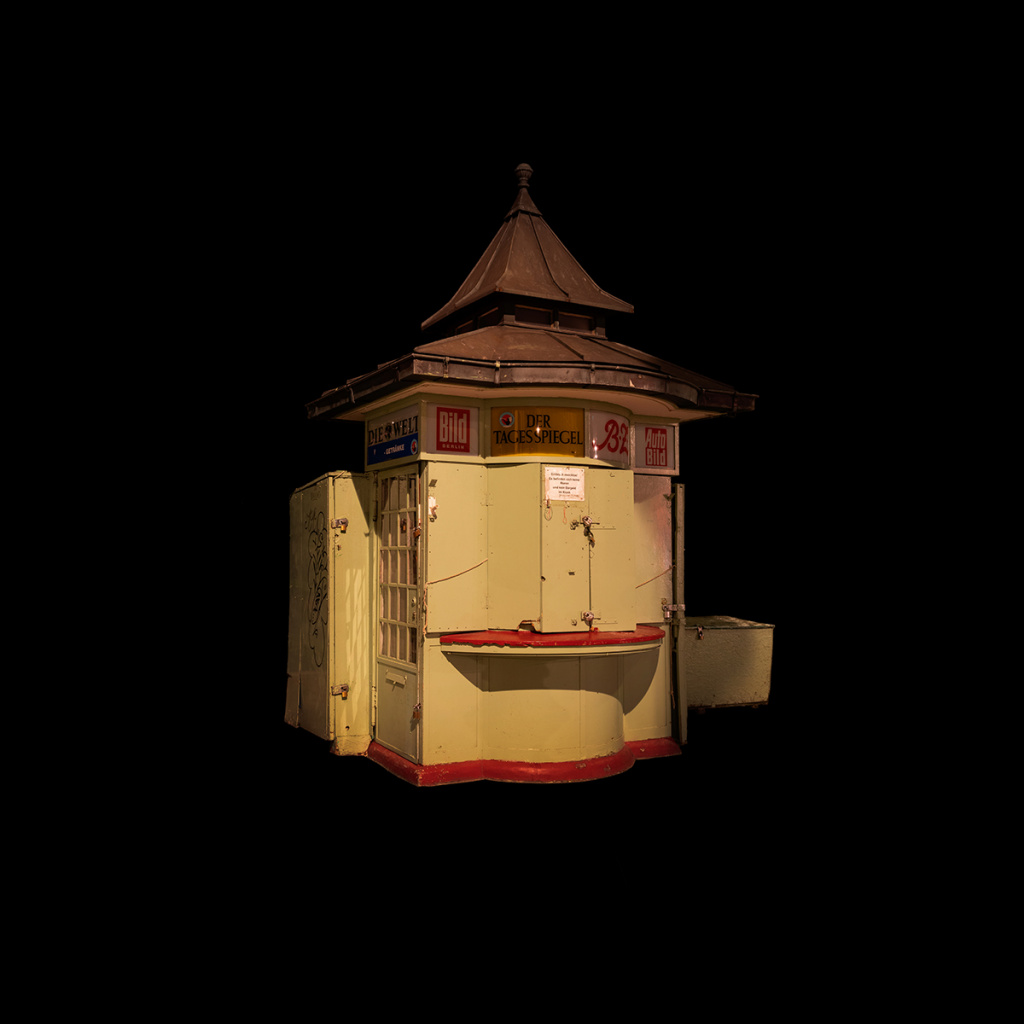 Kiosk Hardenberg by Lena Lisken
Kiosk Hardenberg by Lena Lisken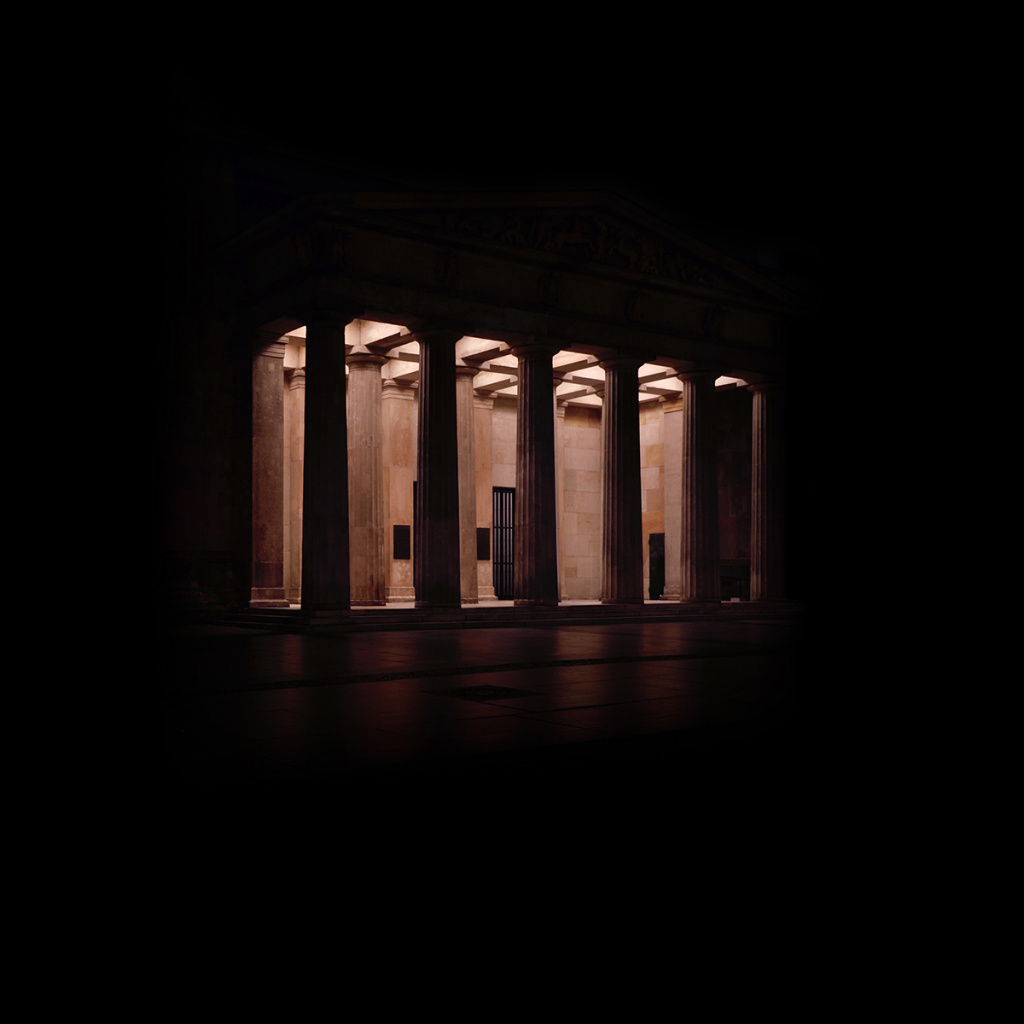 Neue Wache by Lena Lisken
Neue Wache by Lena Lisken Bülowstrasse Stairs by Lena Lisken
Bülowstrasse Stairs by Lena Lisken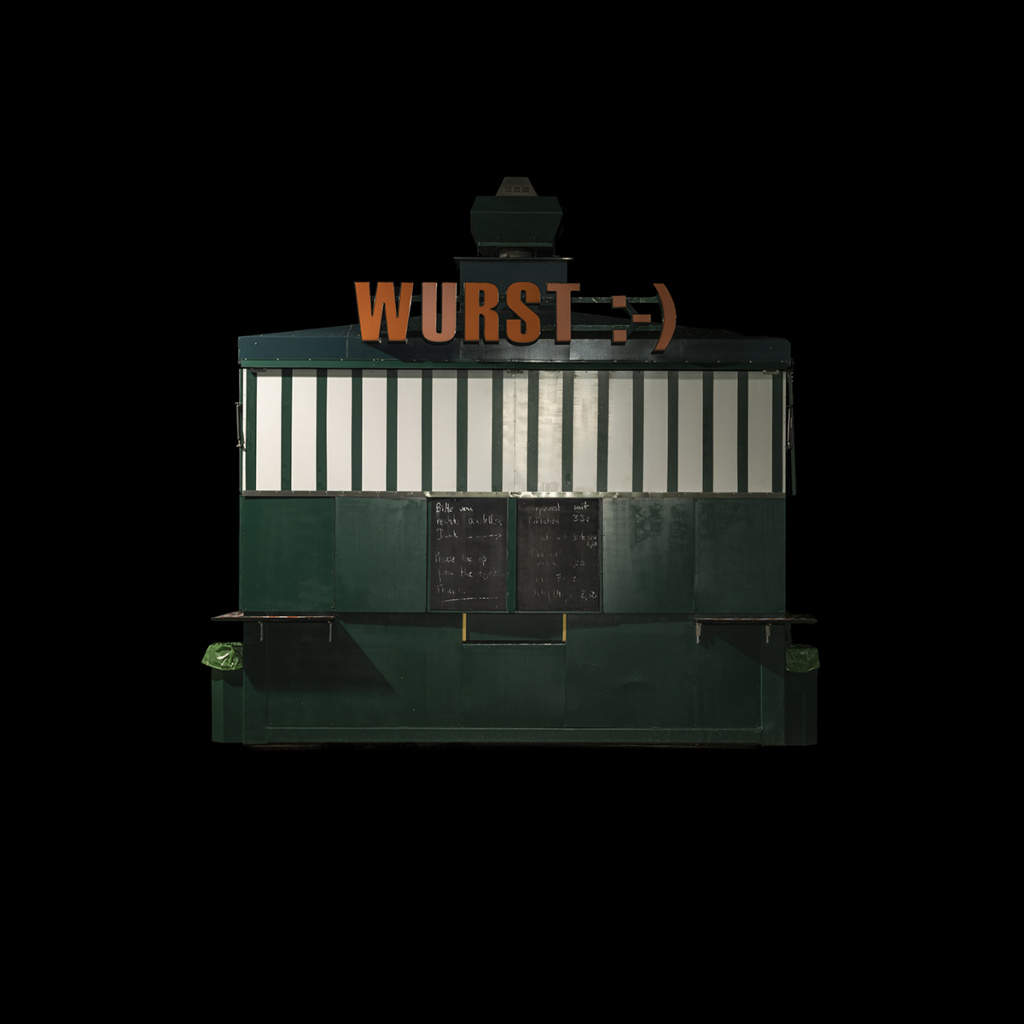 Wurstbude by Lena Lisken
Wurstbude by Lena Lisken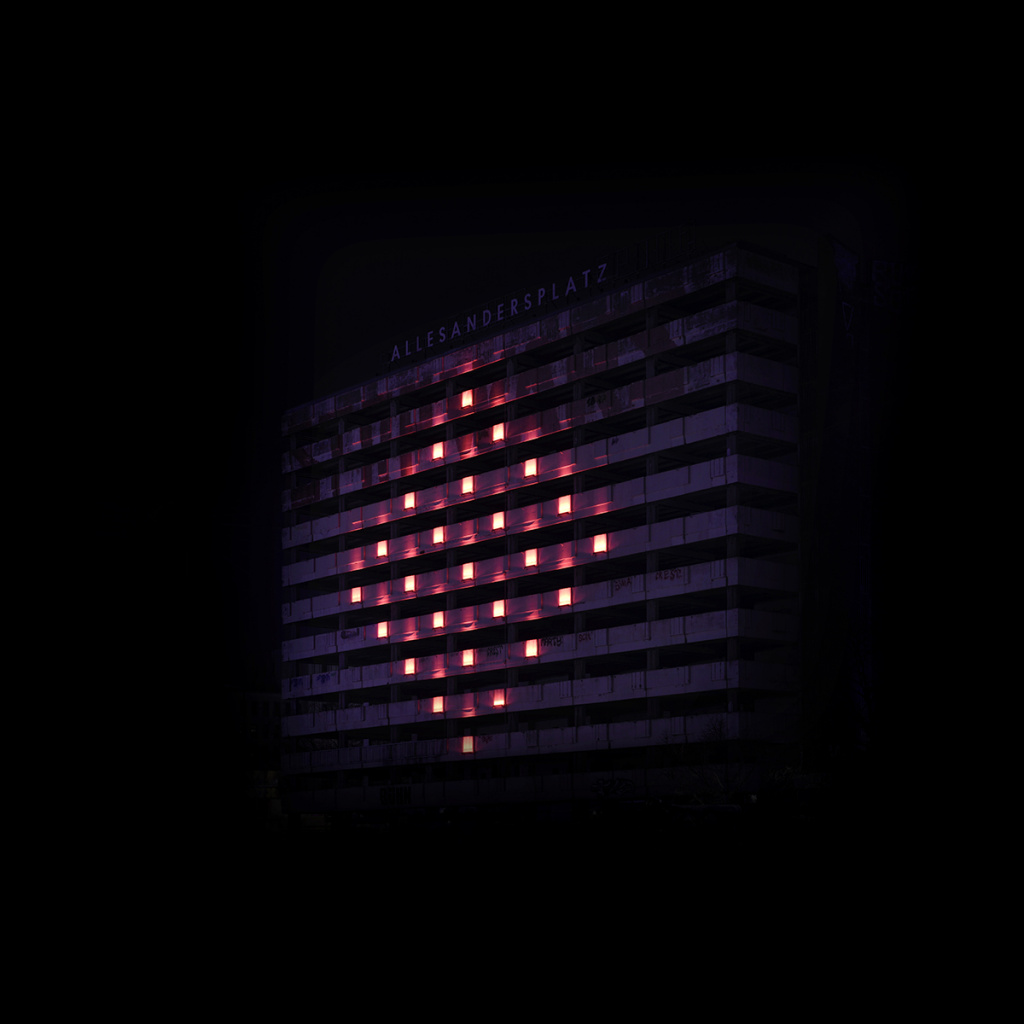 Haus der Statistik by Lena Lisken
Haus der Statistik by Lena Lisken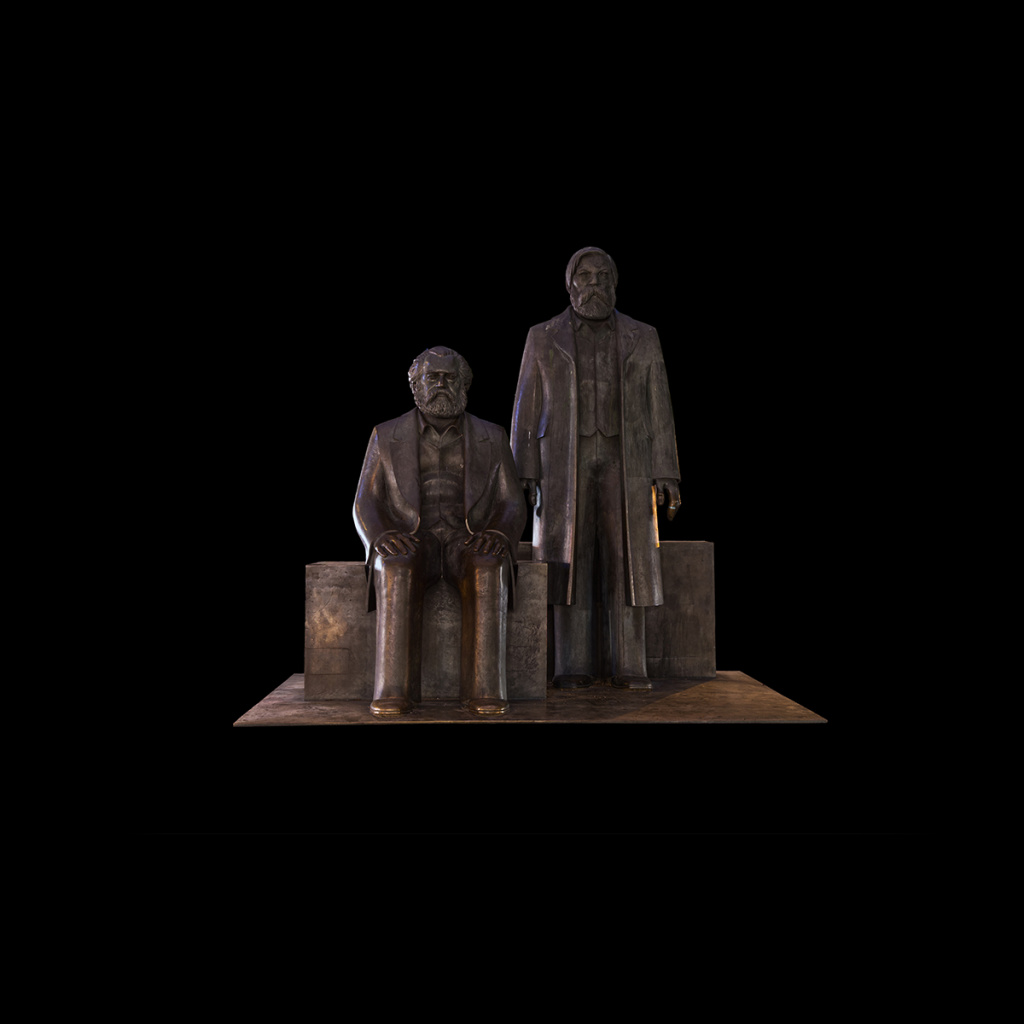 Marx Engels Forum by Lena Lisken
Marx Engels Forum by Lena Lisken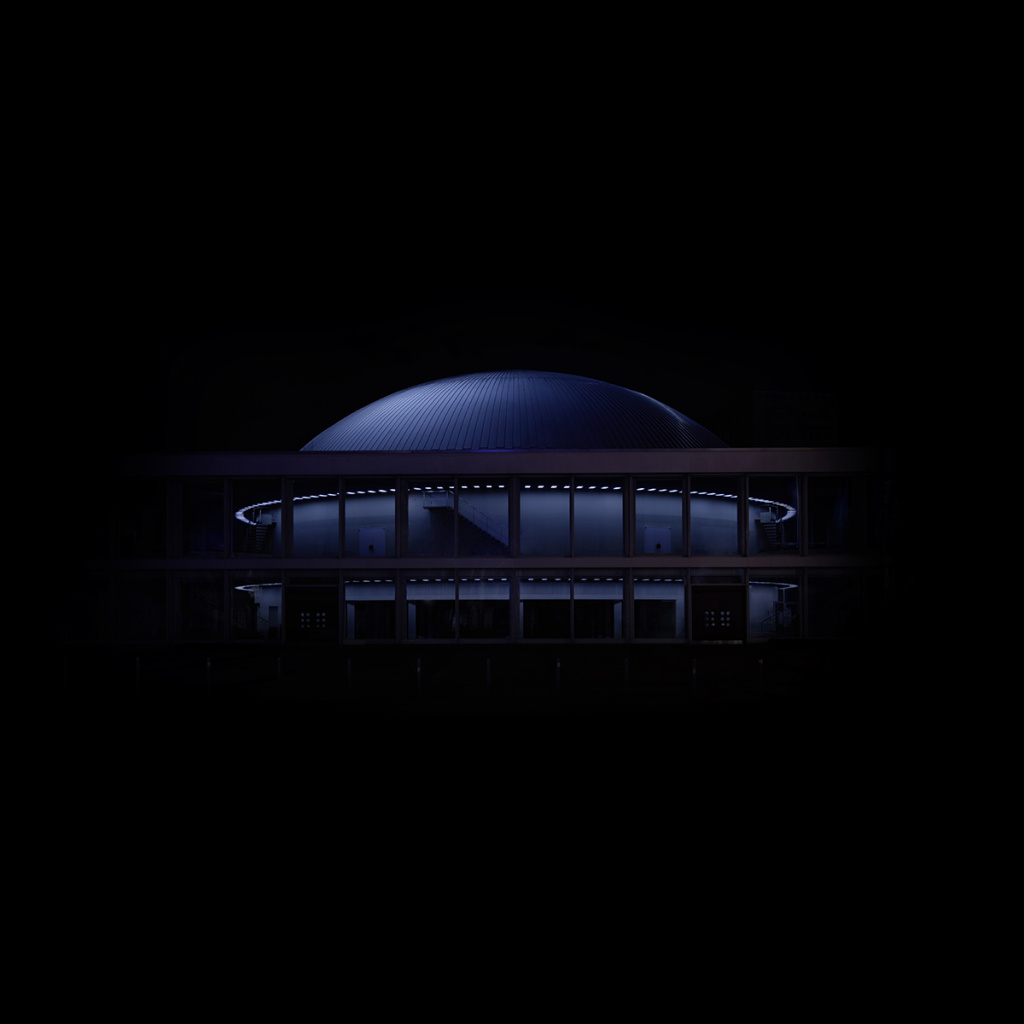 Congress Hall by Lena Lisken
Congress Hall by Lena Lisken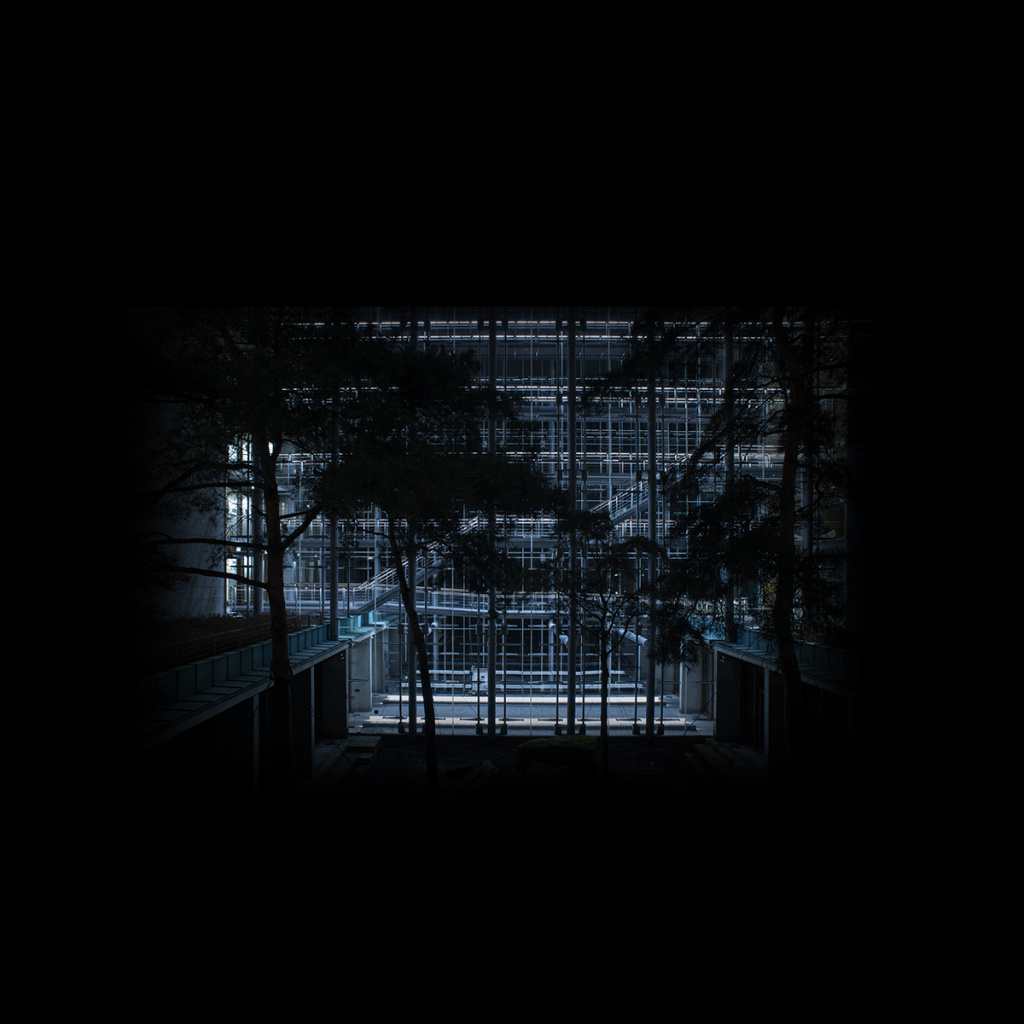 Jakob Kaiser Haus by Lena Lisken
Jakob Kaiser Haus by Lena Lisken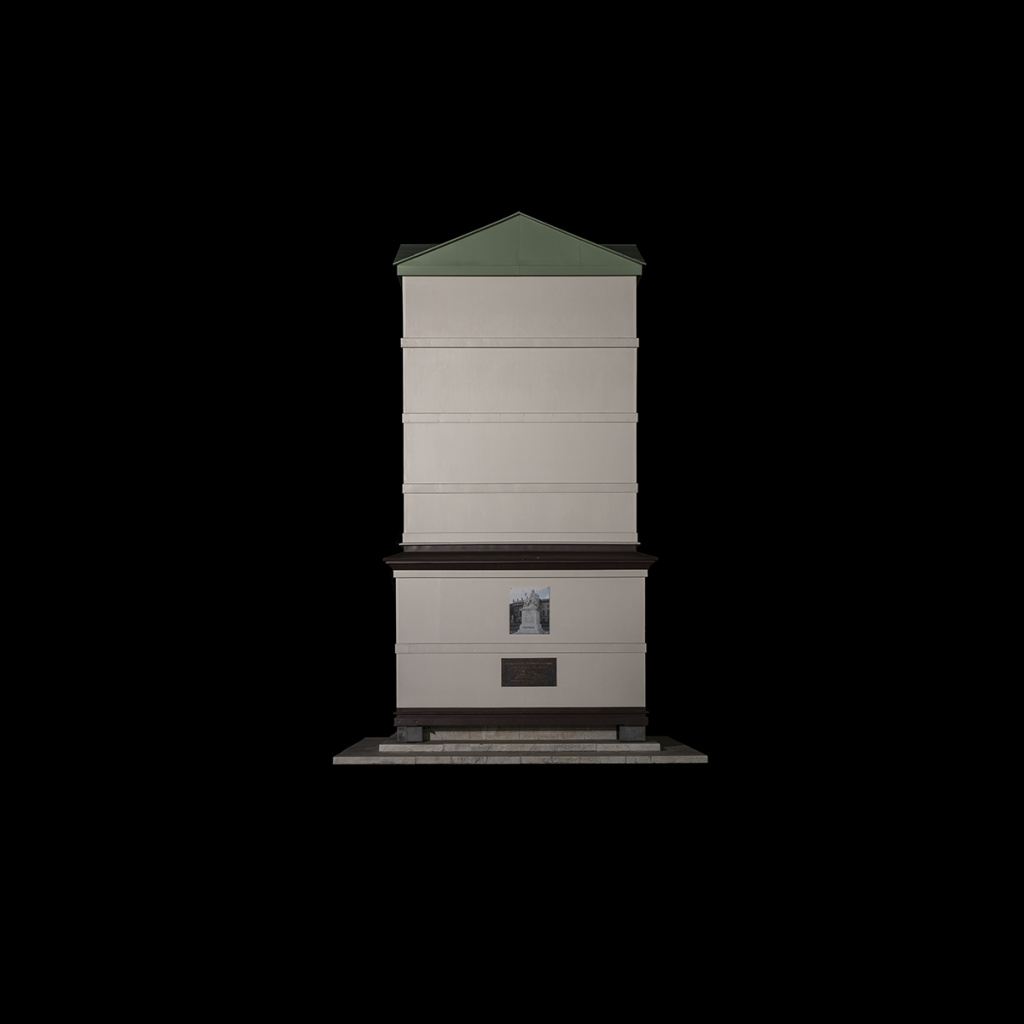 Humboldt Cover by Lena Lisken
Humboldt Cover by Lena Lisken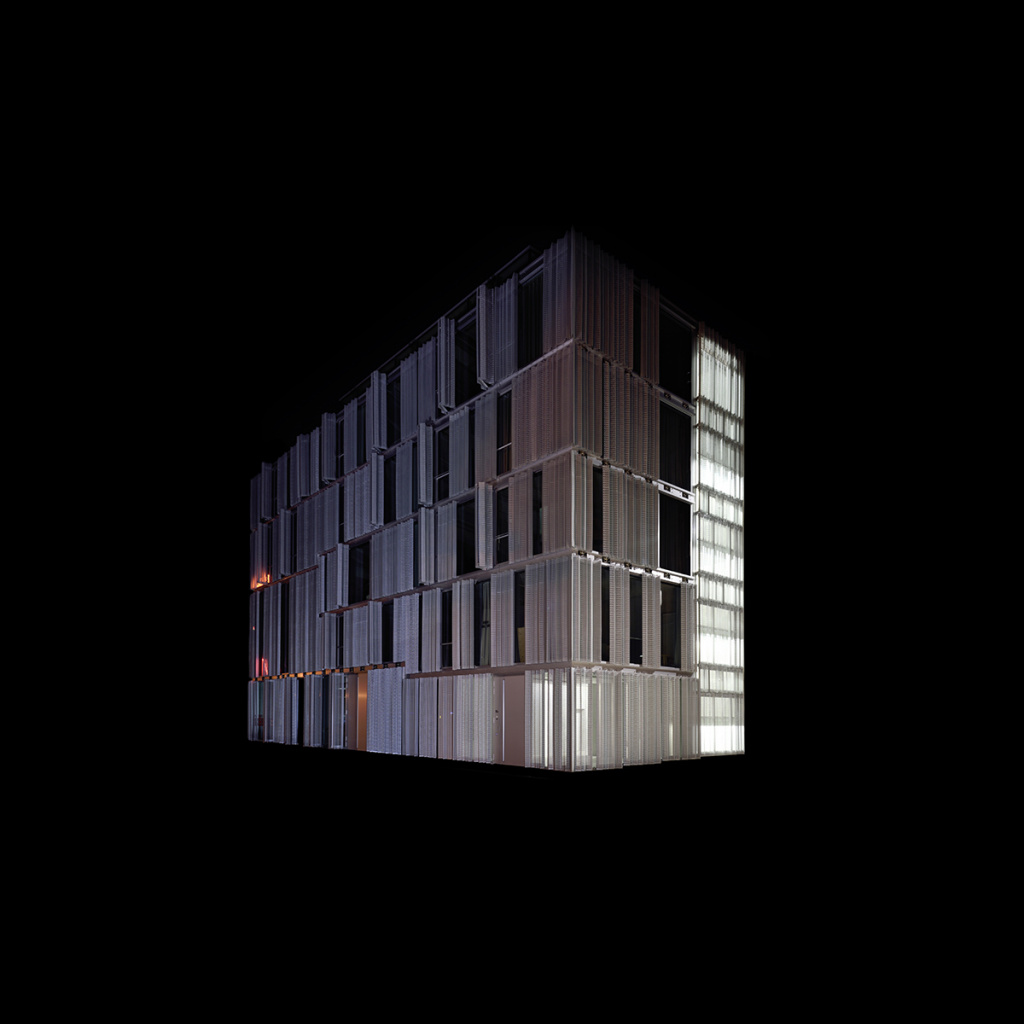 Atelierhause Pfefferberg by Lena Lisken
Atelierhause Pfefferberg by Lena Lisken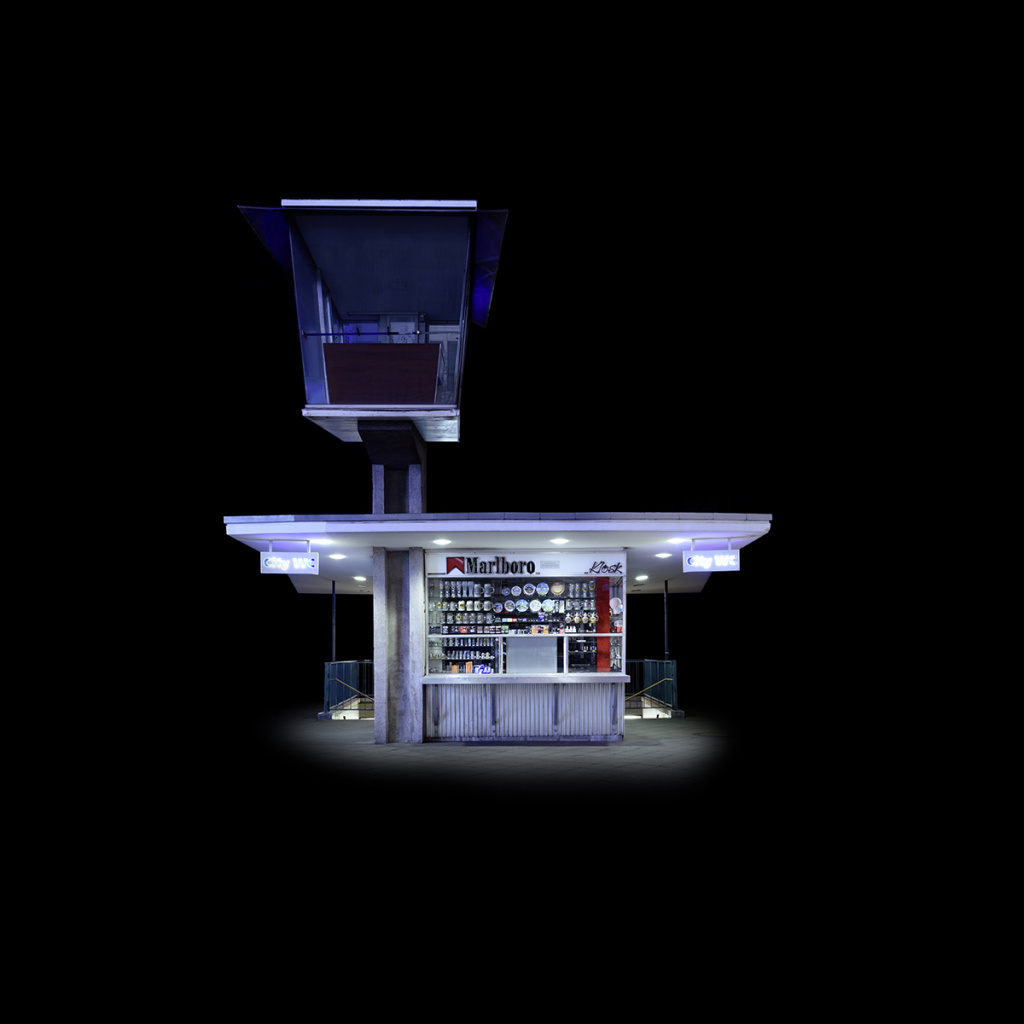 Verkehrskanzel by Lena Lisken
Verkehrskanzel by Lena Lisken Tränenpalast by Lena Lisken
Tränenpalast by Lena Lisken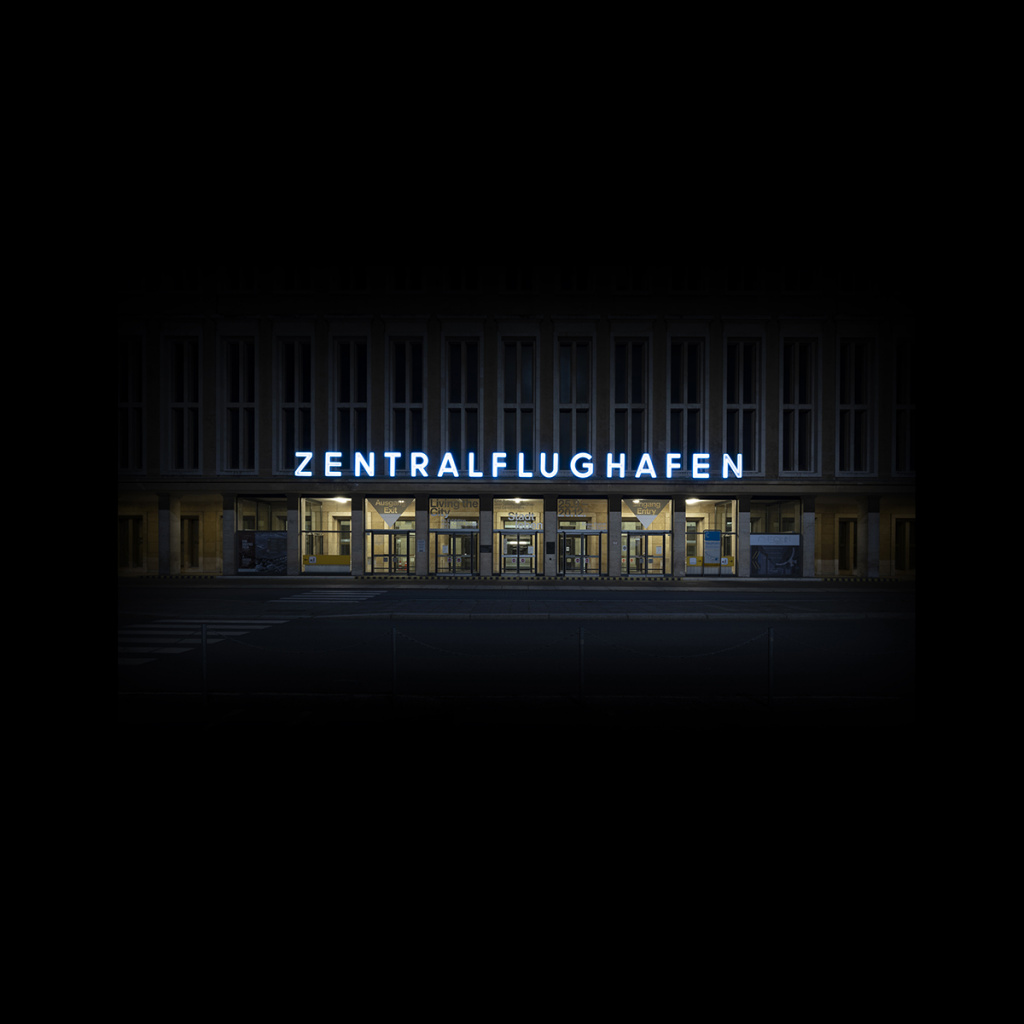 Zentralflughafen by Lena Lisken
Zentralflughafen by Lena Lisken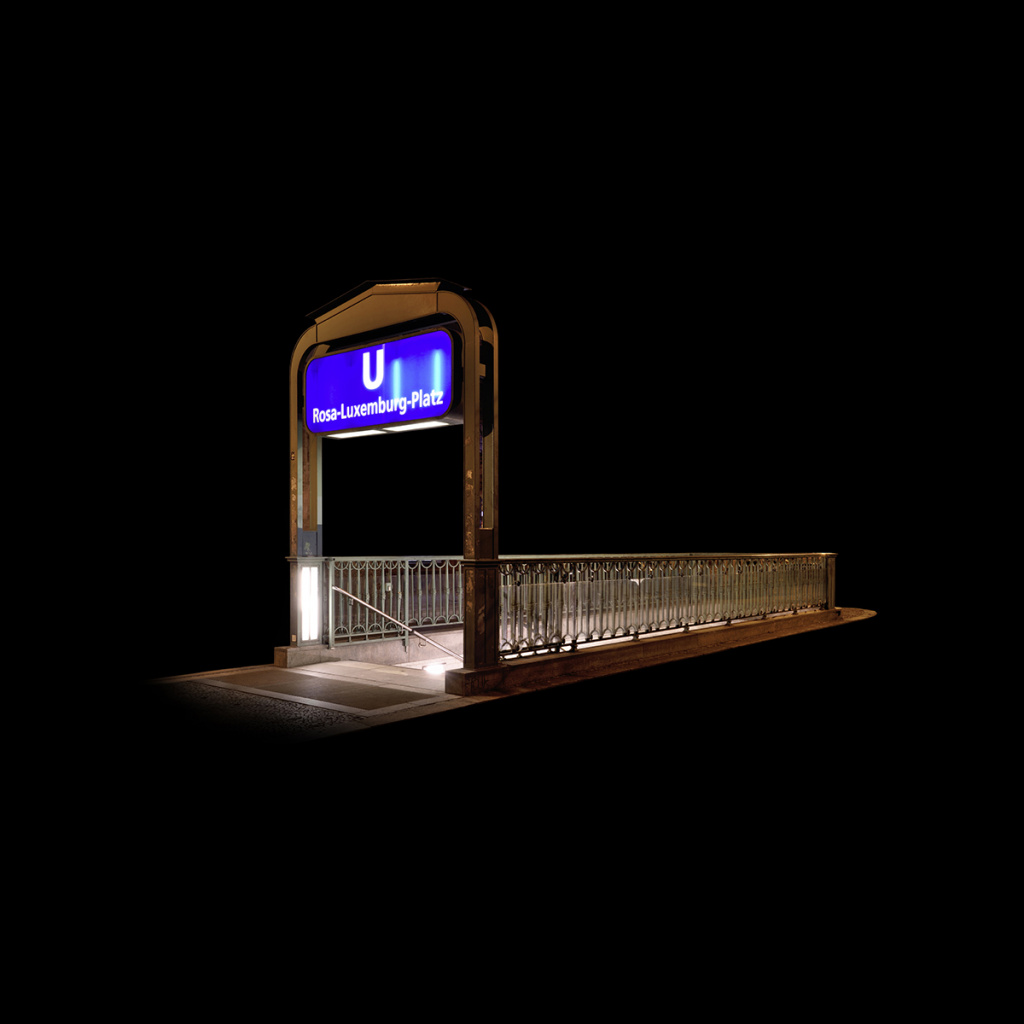 Rosa Luxemburg Underground by Lena Lisken
Rosa Luxemburg Underground by Lena Lisken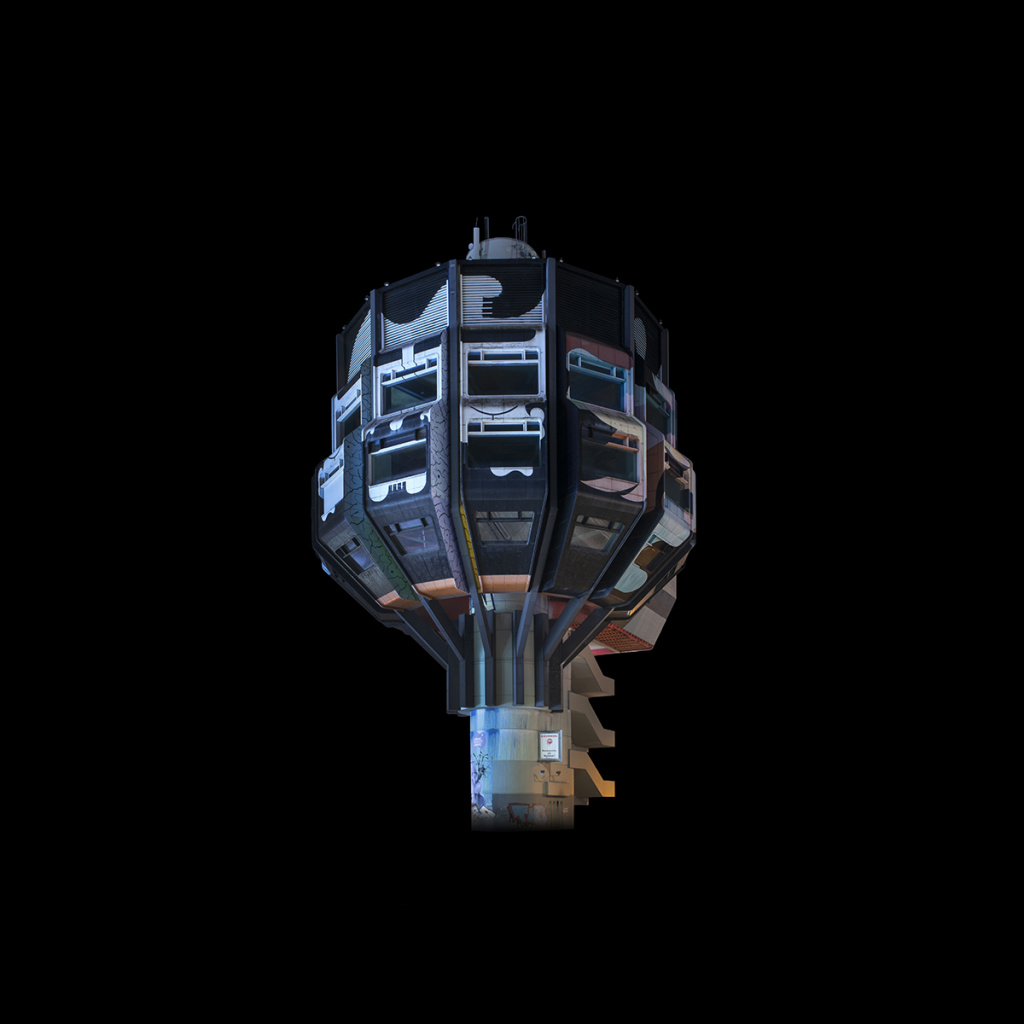 Bierpinsel by Lena Lisken
Bierpinsel by Lena Lisken
On her travels through Europe, Lena Lisken immediately stranded on the coast of Berlin with the first wave of the Corona pandemic. A happy coincidence. At night, she roamed the quietly dawning streets.
Click on an image to open the gallery
On her travels through Europe, Lena Lisken immediately stranded on the coast of Berlin with the first wave of the Corona pandemic. A happy coincidence. At night, she roamed the quietly dawning streets. In addition to her craft training, she used to go to free nude classes. Drawing became her passion back then. Exploring bodies, the subtle play of light on the surface, creating spatial structures.
In the wake of the same wave, Berlin was now swept clean, the individual things flushed free, lying exposed. The beauty of these exposed objects was now no longer drowned in the noise of the big city and could be wonderfully extracted further with the new digital camera. They were beautiful, stripped of everyday life, standing freely and for themselves - just as she knew from her grandfather's manifold art books, in the imagined ideal state.
Just as she used to be able to fade out disturbing things in her head as a draughtswoman, now they were cleaned up in the post-processing. She took it a little further and carefully embedded things in a black square. A stranger wanders through the city and lays her collection of fine observations on the dark velvet of her showcase.


